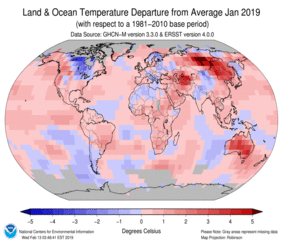White Beard
Active member
Yes, exactly: ‘true’ north indicates the axis of rotation. Magnetic north moves. Moving fast now, if it stays “on course” long enough it’ll be in Siberia, but not moving *that* fast...when I looked last week sometime
Nope. The Zip/Postal Code. You know.... Santa's house. In Canada BTW....
So is this thread about the geographic North Pole ?
...
Only for a very brief moment standing in the fireball. Then it was years of deep freeze.I get what you’re saying, kinda like there aren’t *more* unarmed black citizens being murdered by police in the street, it’s just that there are more cameras in more hands so there’s more proof now.
When in fact this has been going on since we got them here.
Sure, climate has been changing by itself for a long, long time; mostly gradually (maybe), sometimes freakin’ fast like a comet strike...can’t really *have* a slow-motion comet strike.
Still, there plenty of evidence that the increase in atmospheric CO2 started going up, up, and away with the Industrial Revolution, and it’s only picked up speed since then...maybe *WE* are the slow-motion comet? The LAST rapid warming was much faster, but that *was* an impact.
I’m not saying I’m right...I’m just saying all the evidence is on one side, and you’re on the other


lol hope you are all enjoying ya "global warming"
[URL=https://www.icmag.com/ic/picture.php?albumid=79344&pictureid=1926702&thumb=1]View Image[/url]

Every time we get a bit of warm weather, the cries of "man made global warming" sing out.
What is good for the goose is good for the gander
i'm well aware what climate is and what weather is, climate is not a 30 year period, more like hundreds of years,
you can't compare every thing to a cherry picked 30 years period
Enjoy your record cold, we had our "hottest summer ever" pity 7 weeks of it was shit cold weather, we did had 5 nice warm weeks, but fuck people are stupid these days, believe anything they are told, without looking for them selves
 sorry...
sorry...a "bit of warm weather" is a week or two in July with every day in the 90s or above around here. when the highest temps (averaged throughout the year) in recorded history are the LAST 5 YEARS, just as science has warned us was coming, with glaciers rapidly melting and breaking apart all over the world, the ice shelves in Antarctica breaking up, and islands in the Pacific ocean becoming uninhabitable due to rising seas...that is not "a bit of warm weather".sorry...